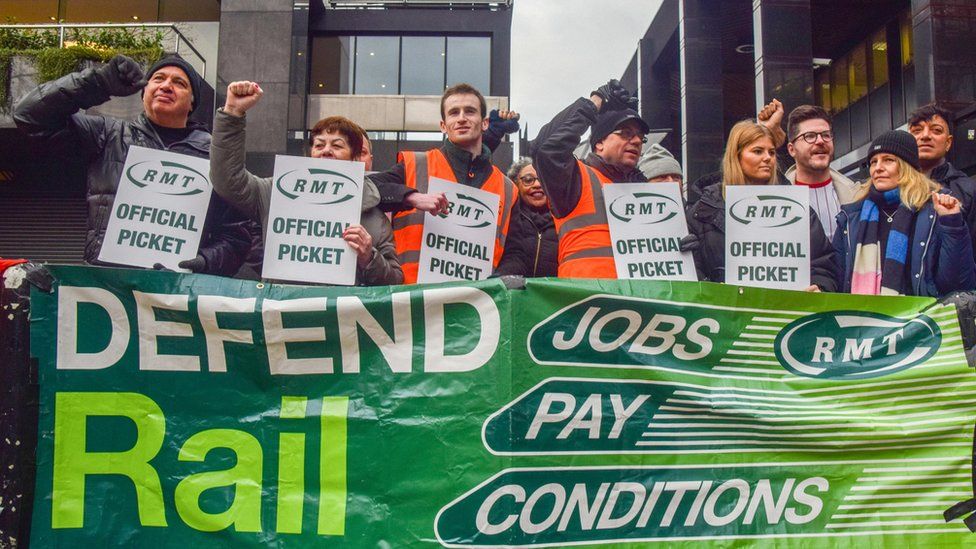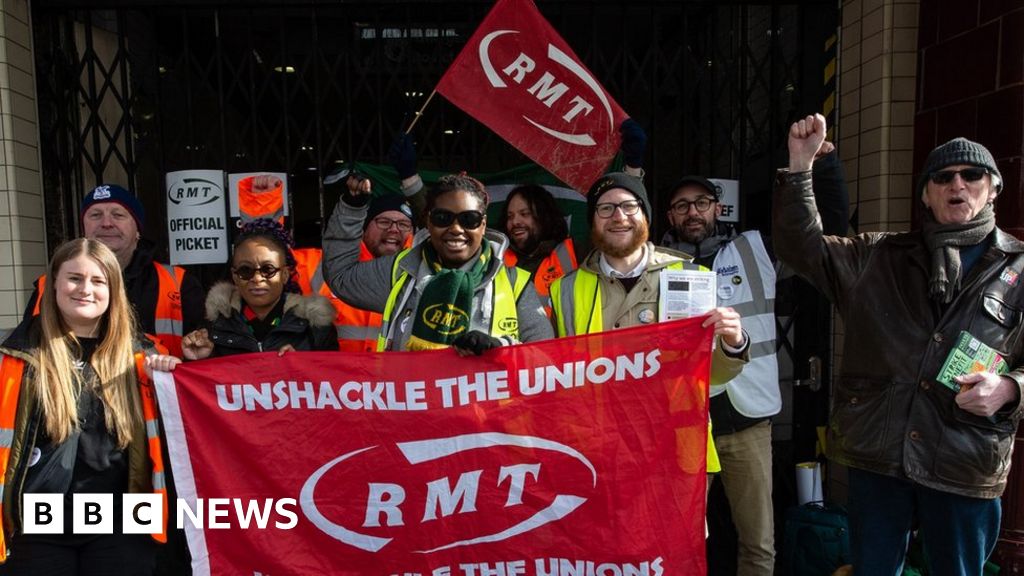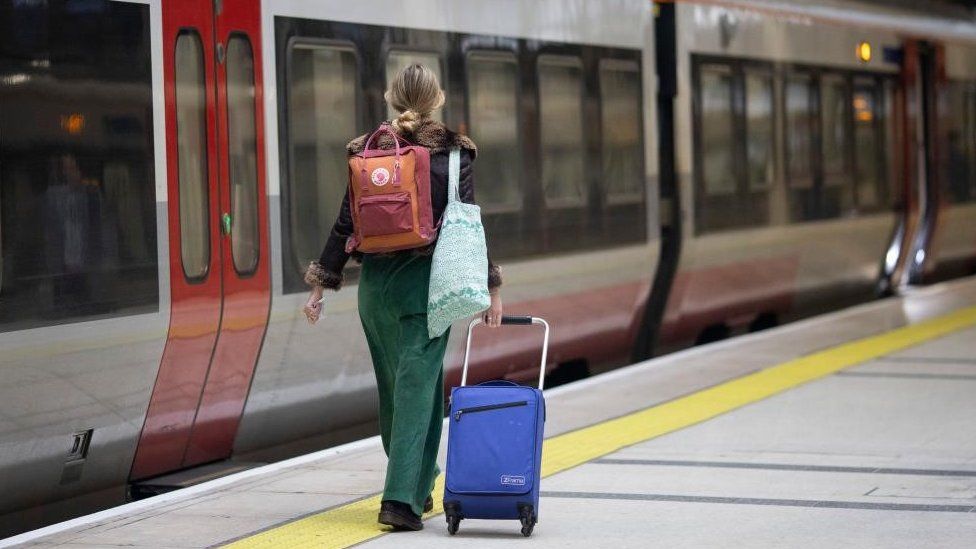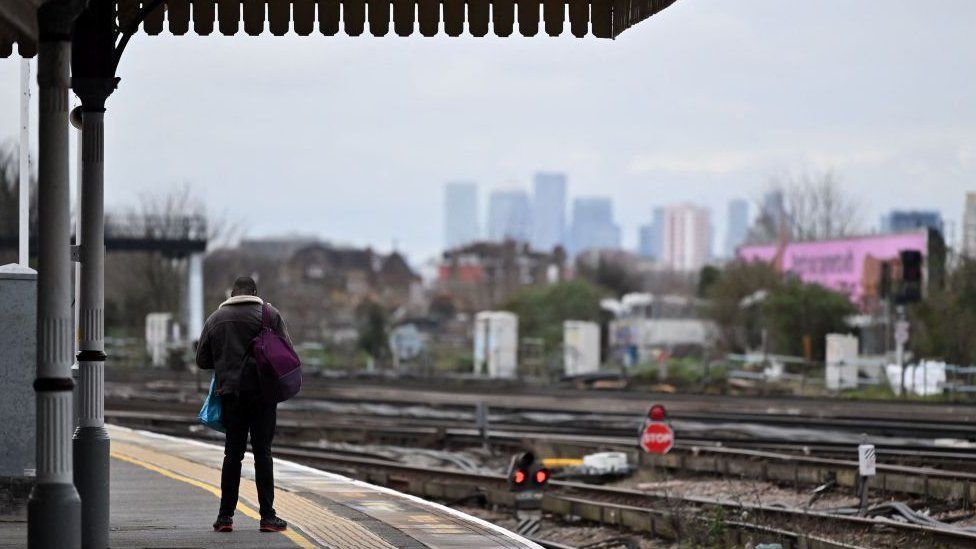
Thousands of signal workers and maintenance staff in the RMT union have voted overwhelmingly to accept an offer from Network Rail to end its dispute.
It means they will not take part in any more strikes in the long-running dispute over pay, jobs and working conditions.
RMT members who work for 14 train operating companies are still due to walk out on 30 March and 1 April.
But the Network Rail result will be seen as a significant breakthrough.
The turnout for the vote was nearly 90%, said the RMT, with 76% of members voting in favour of the pay offer.
The deal comes after Network Rail amended its previously rejected offer of a 5% pay rise for 2022 and a 4% increase this year.
The government did not put any more money on the table, but the tweaked proposals backdated this year’s pay increase by three months, meaning workers end up with a bigger lump sum upfront.
The RMT – the country’s biggest rail union – said the offer amounted to an uplift on salaries of between 14.4% for the lowest paid grades to 9.2% for the highest paid.
The package also included heavily discounted leisure travel.
The question now is whether this opens the door to progress on the train companies’ side of the dispute.
RMT general secretary Mick Lynch said that while the dispute with Network Rail was now over, members at train operating companies would continue to strike unless they received the “right offer”.
“The ball is in the government’s court,” he added.
However, without maintenance and signalling staff involved, the disruption caused by RMT’s walkouts will be on a slightly smaller scale. Operators not directly involved are unaffected.
During last Saturday’s strike, workers at 14 train operators walked out, with between 40 and 50% of trains running.
Workers in various industries have held strikes, mainly over pay, which has not increased in line with rising prices. Inflation – the rate at which prices rise – is at its highest in nearly four decades.
Striking industries include nurses, junior doctors, civil servants and teachers.
Related Topics
-
-
4 days ago

-


